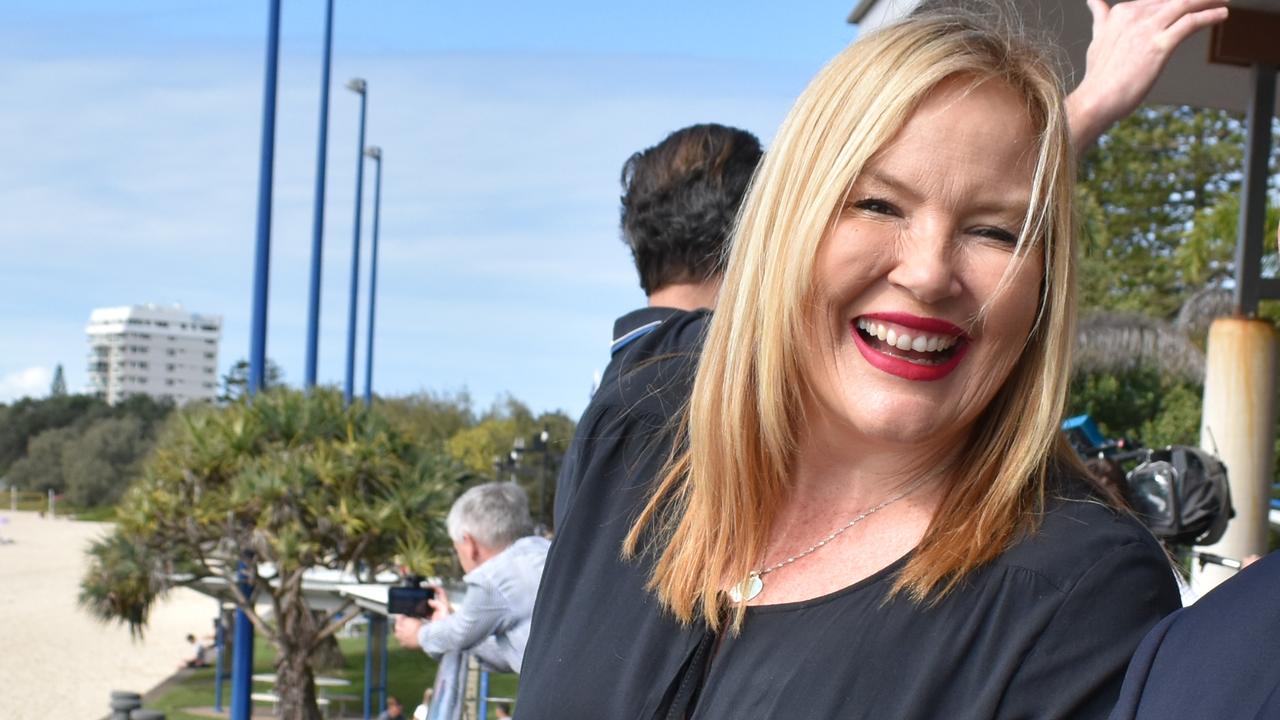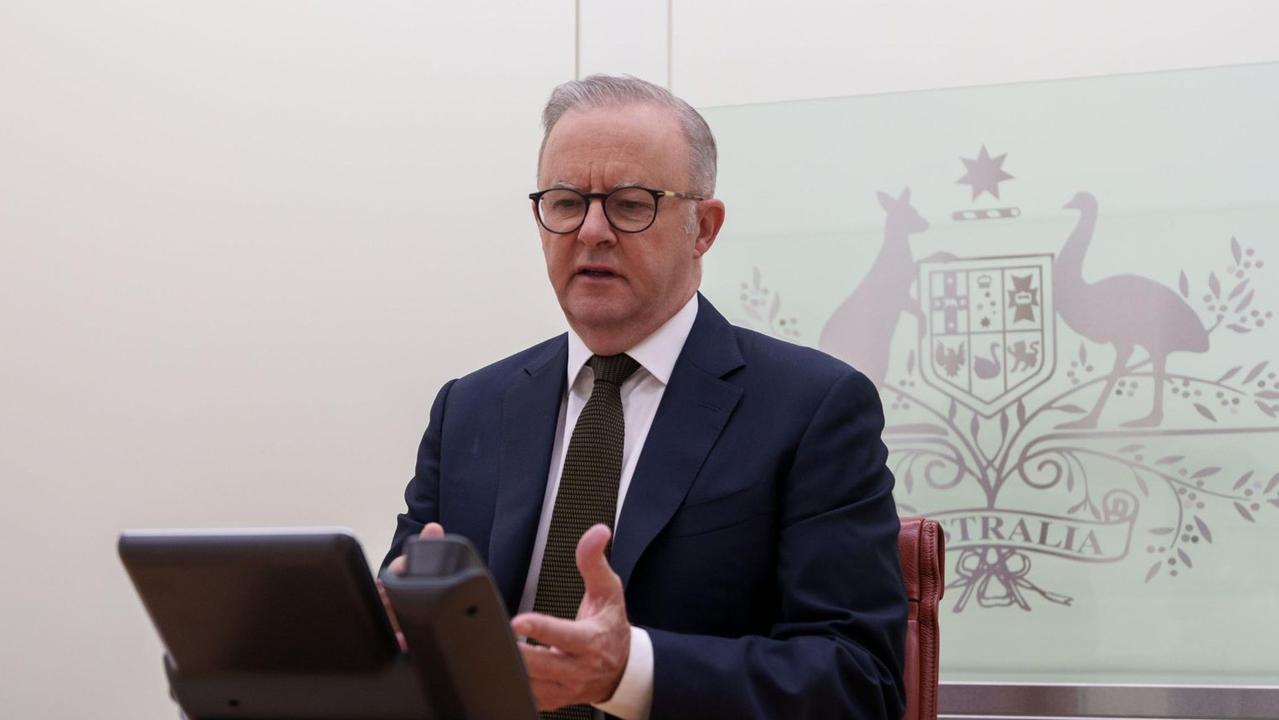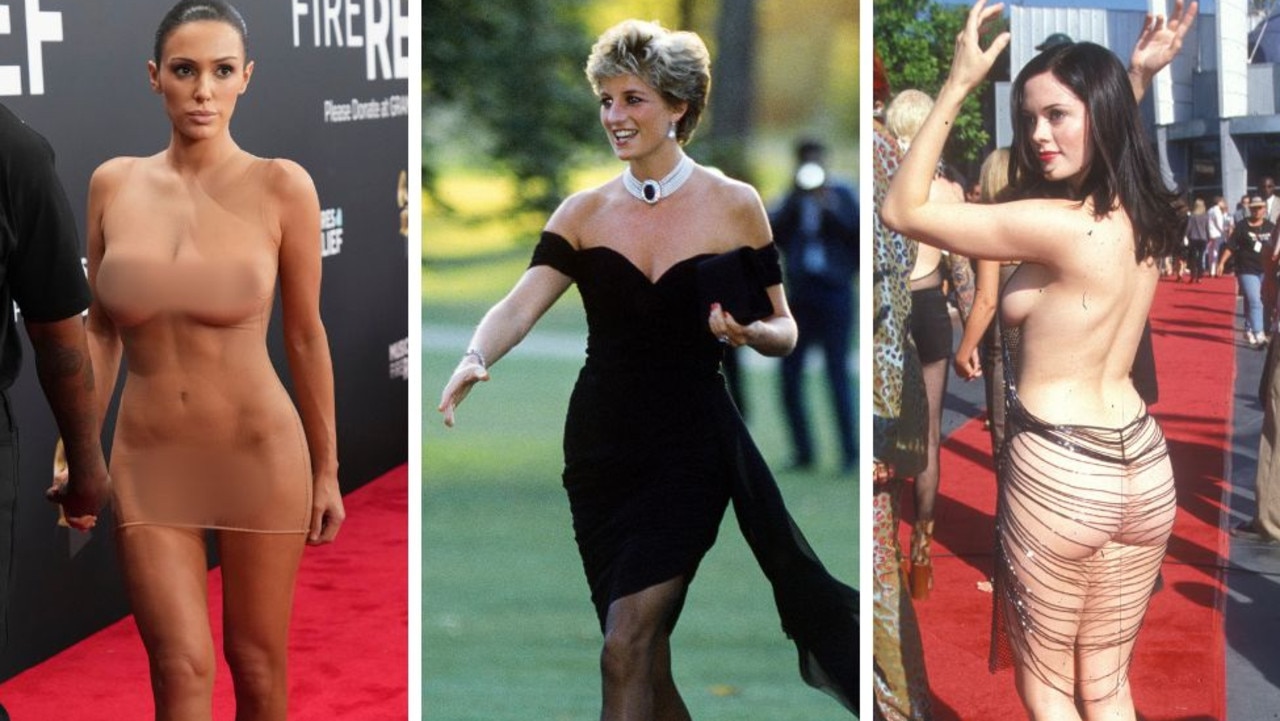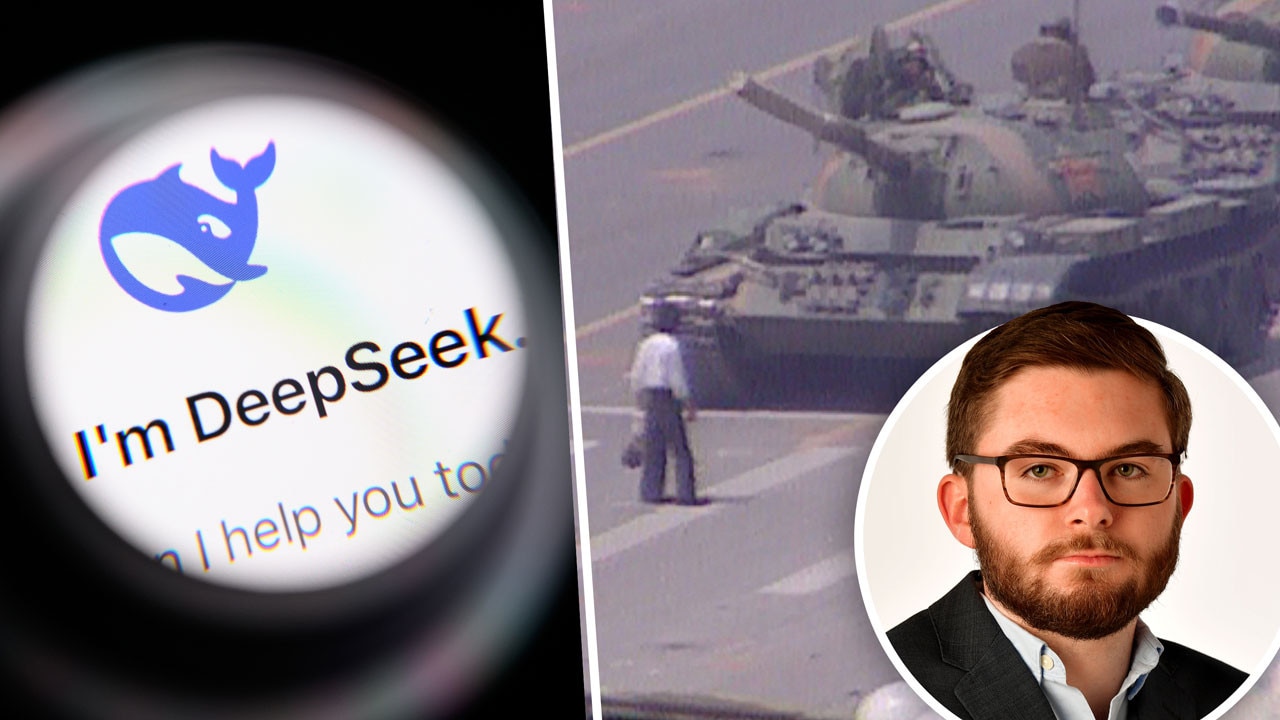The internet is great, but approach it with caution
YouTube is great for cat videos and handyman advice, but it’s also an ideological echo chamber, Caroline Hutchinson writes. Approach with caution.

Opinion
Don't miss out on the headlines from Opinion. Followed categories will be added to My News.
Is it just me or does everyone think the internet is the best and worst thing ever invented?
I started my column last week with the same words, today’s missive is even scarier.
Yesterday I stumbled on a podcast called Rabbit Hole, put together by the New York Times.
Reporter Kevin Roose has spent more than a year investigating YouTube’s recommendation algorithm, that’s the software that determines which video comes “Up Next” when you’re watching your computer. Anyone who has ever been on YouTube knows “Up Next” is the reason you start watching a simple video of Hugh Jackman dancing in the kitchen and two hours later you’re still there, being taught to make your own sour dough starter by nuns singing show tunes.
CAROLINE HUTCHINSON IS PROUD TO BE A DAILY COLUMNIST
If you have a passing interest in YouTube, it’s a harmless time waster. Twenty-six-year-old college dropout Caleb Cain says it’s an ideological on ramp where young men are increasingly being radicalised.
Caleb was living with his grandparents in 2015 when his gaming computer was stolen, leaving him with nothing but YouTube for entertainment.
A difficult childhood and social isolation made the internet a safe place for Caleb, where he found friends and was attracted to a commentator called Stefan Molyneux, a Canadian bloke with a lovely voice who tells his audience that all their problems are because they are abandoned by society, mistreated by their mothers and being marginalised by people with different coloured skin.
IS IT JUST ME, OR ARE WE ALL A LITTLE BIT RACIST?
Stefan Molyneux is quite mesmerising to listen to, I was immediately attracted to his sound, but not his far-right universe, filled with conspiracy theories, misogyny and racism.
Last year Caleb Cain swore off YouTube after the murder of dozens of Muslim worshippers in Christchurch. In the days following the massacre Caleb downloaded the manifesto of the Australian gunman and was shocked to find it mirrored everything he had come to believe.
Caleb told the New York Times, “I just kept falling deeper and deeper into this, and it appealed to me because it made me feel a sense of belonging,” he said. “I was brainwashed.”
YouTube is just a business model. The “Up Next” algorithm is simply designed to keep people watching longer, and that’s also why it rewards provocative videos with exposure and ultimately advertising dollars.
Inadvertently it has become a platform for extremists who preach racist, divisive, sexist and inflammatory commentary without the checks and balances of mainstream media.
YouTube has been just as efficient recruiting young men for al-Qaeda as the Alt Right.
Closer to home, a 16-year-old recently told me feminism is a dangerous ideology, he was armed and ready to go into battle against womanhood. He and I had a long chat, but I was no match for his well-practised facts, figures and theories. I wondered where it came from, and when I listened to Rabbit Hole this week I knew.
YouTube is great for cat videos and handyman advice, but it’s also an ideological echo chamber. Approach with caution.






